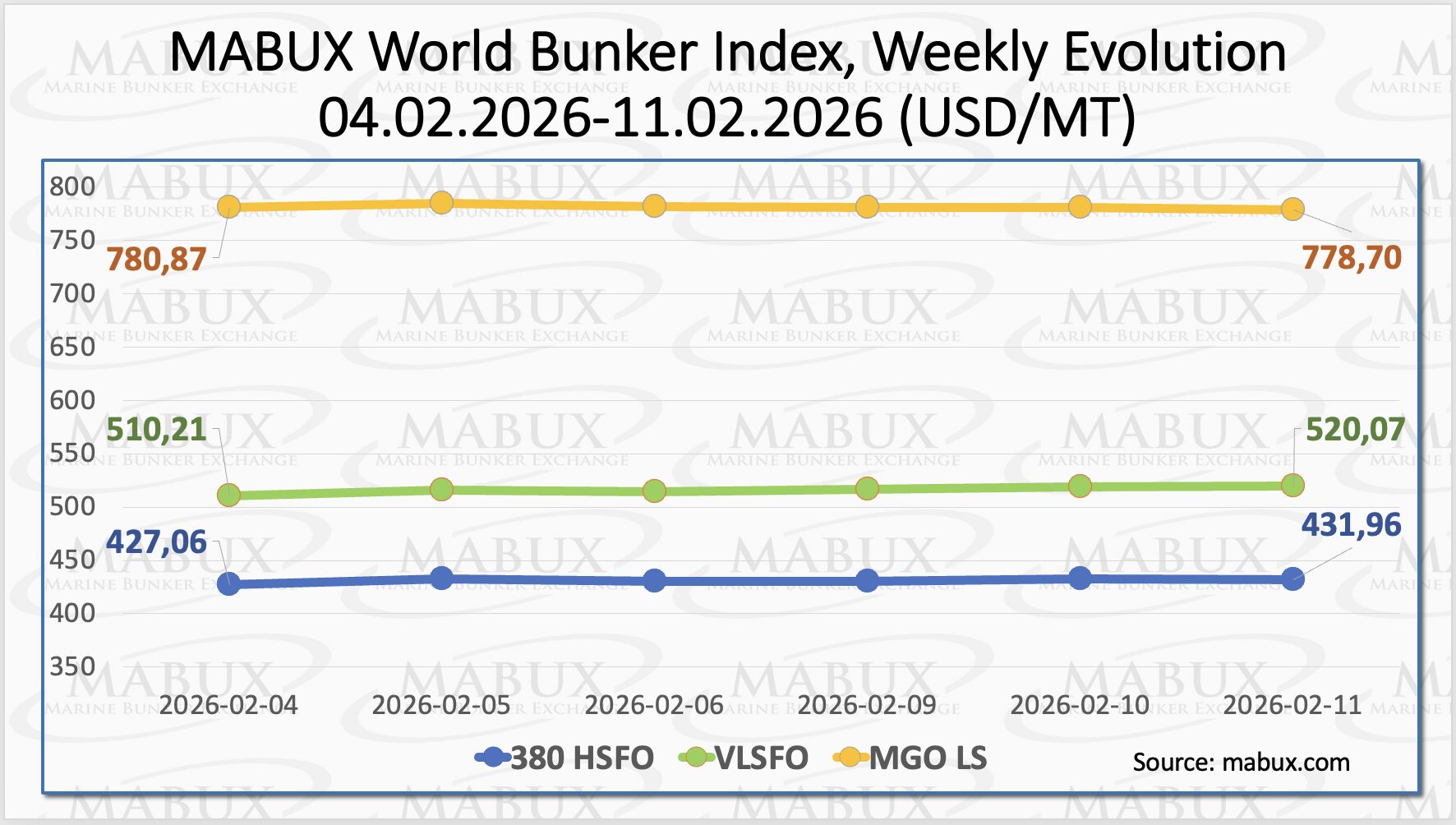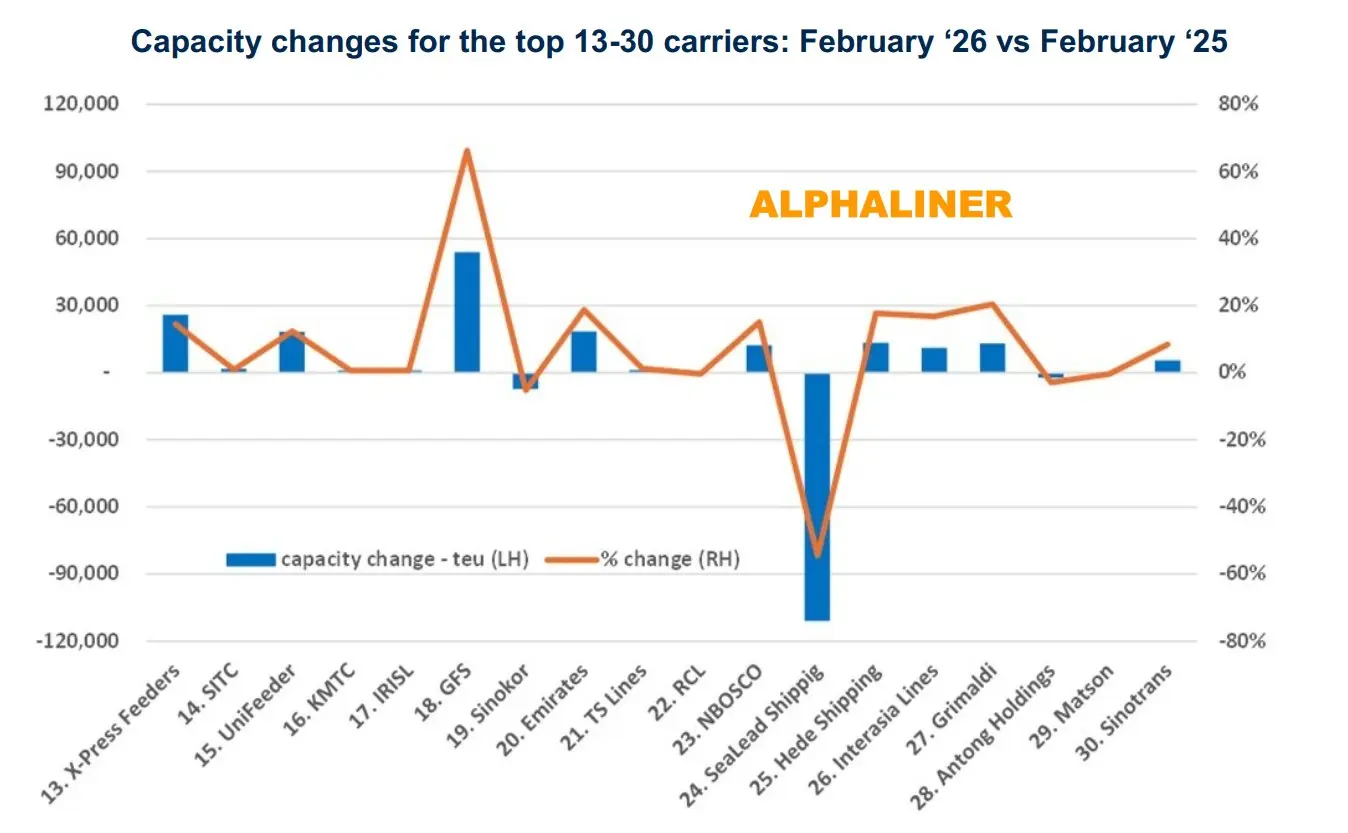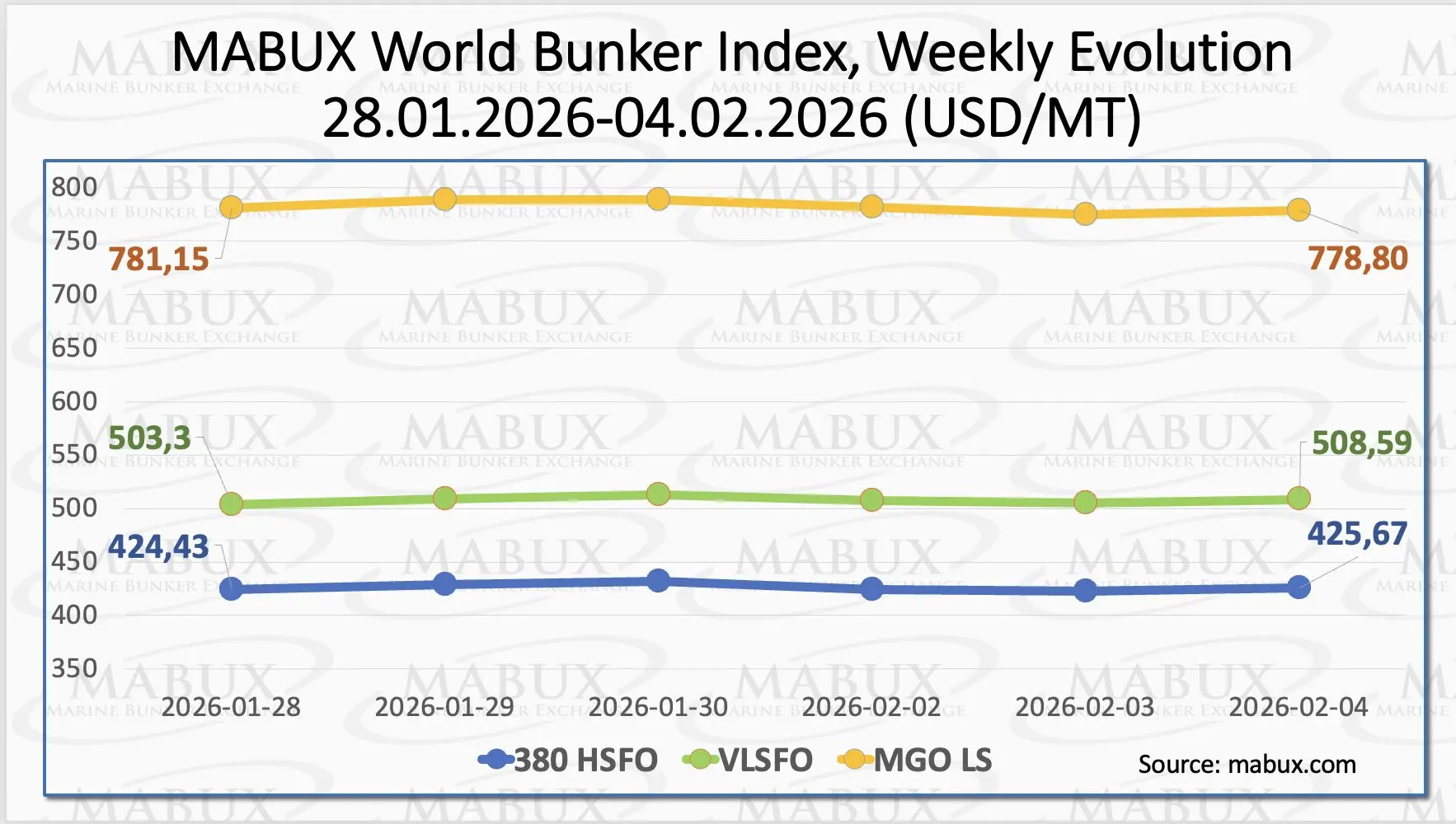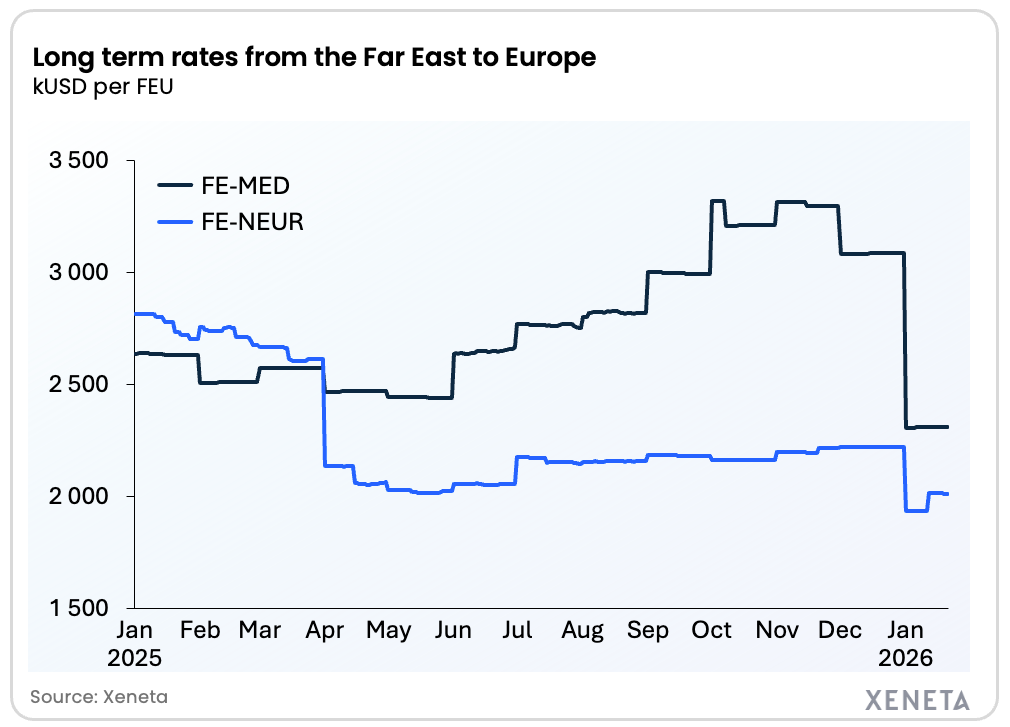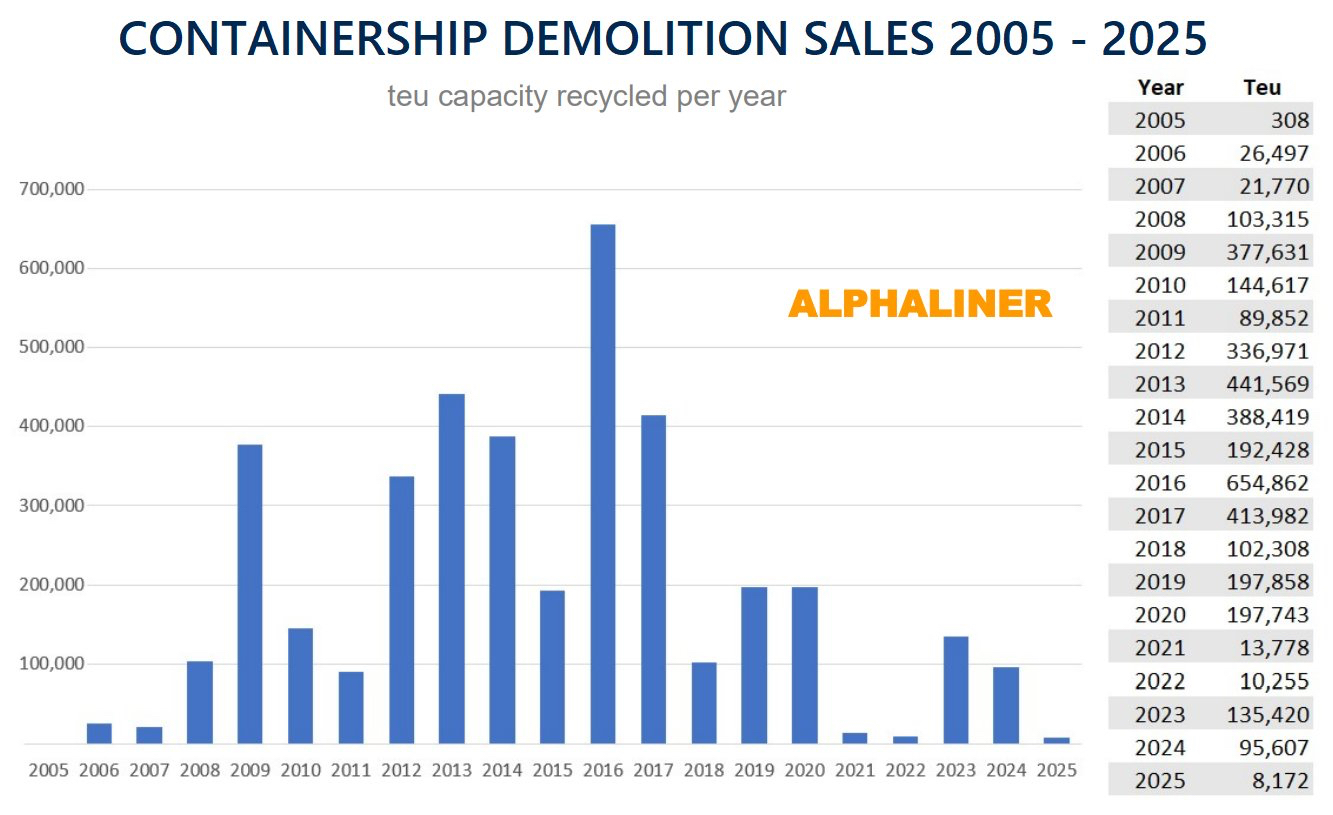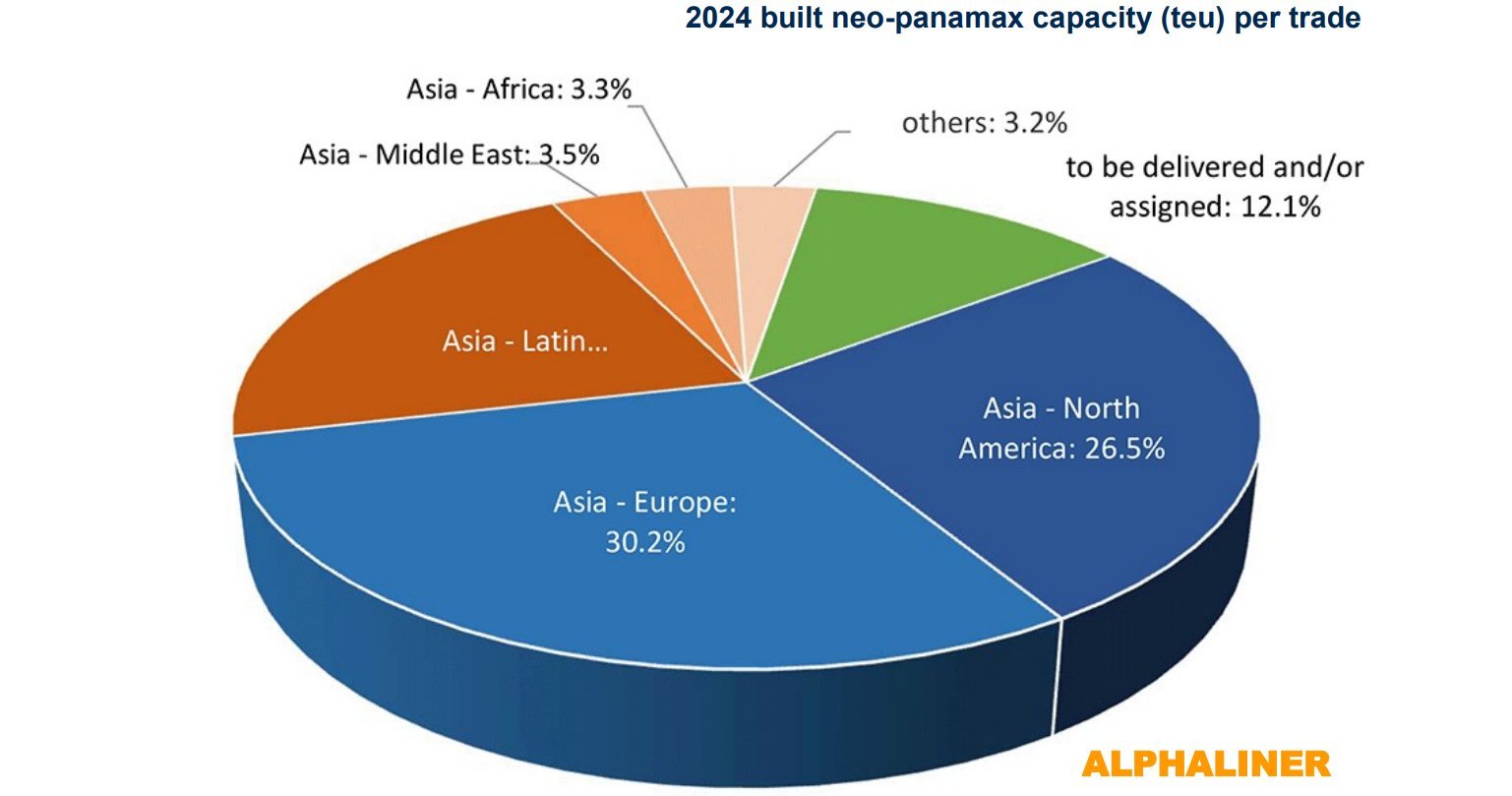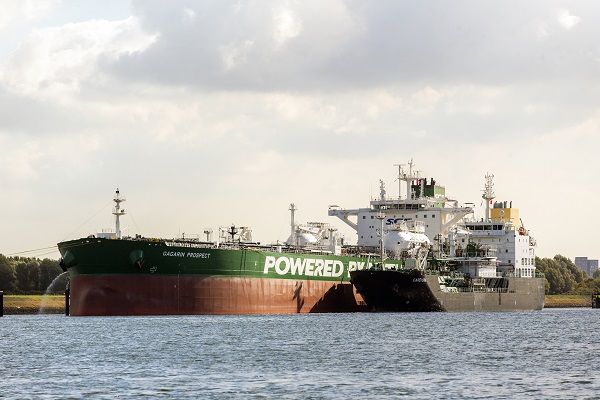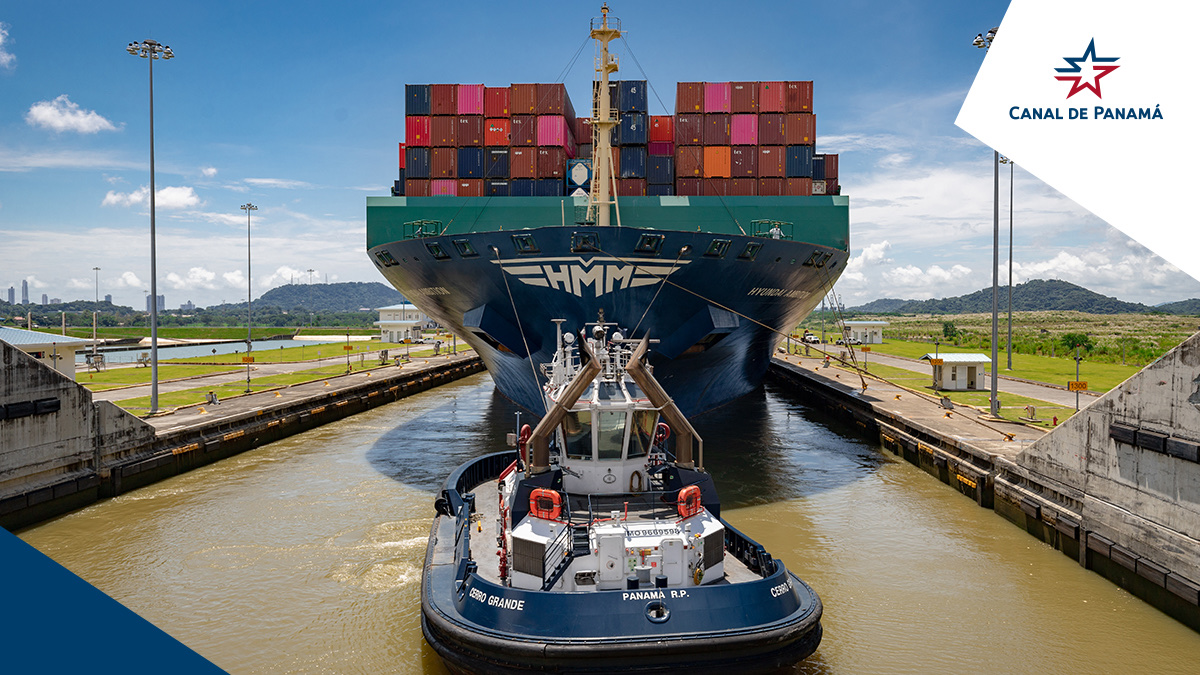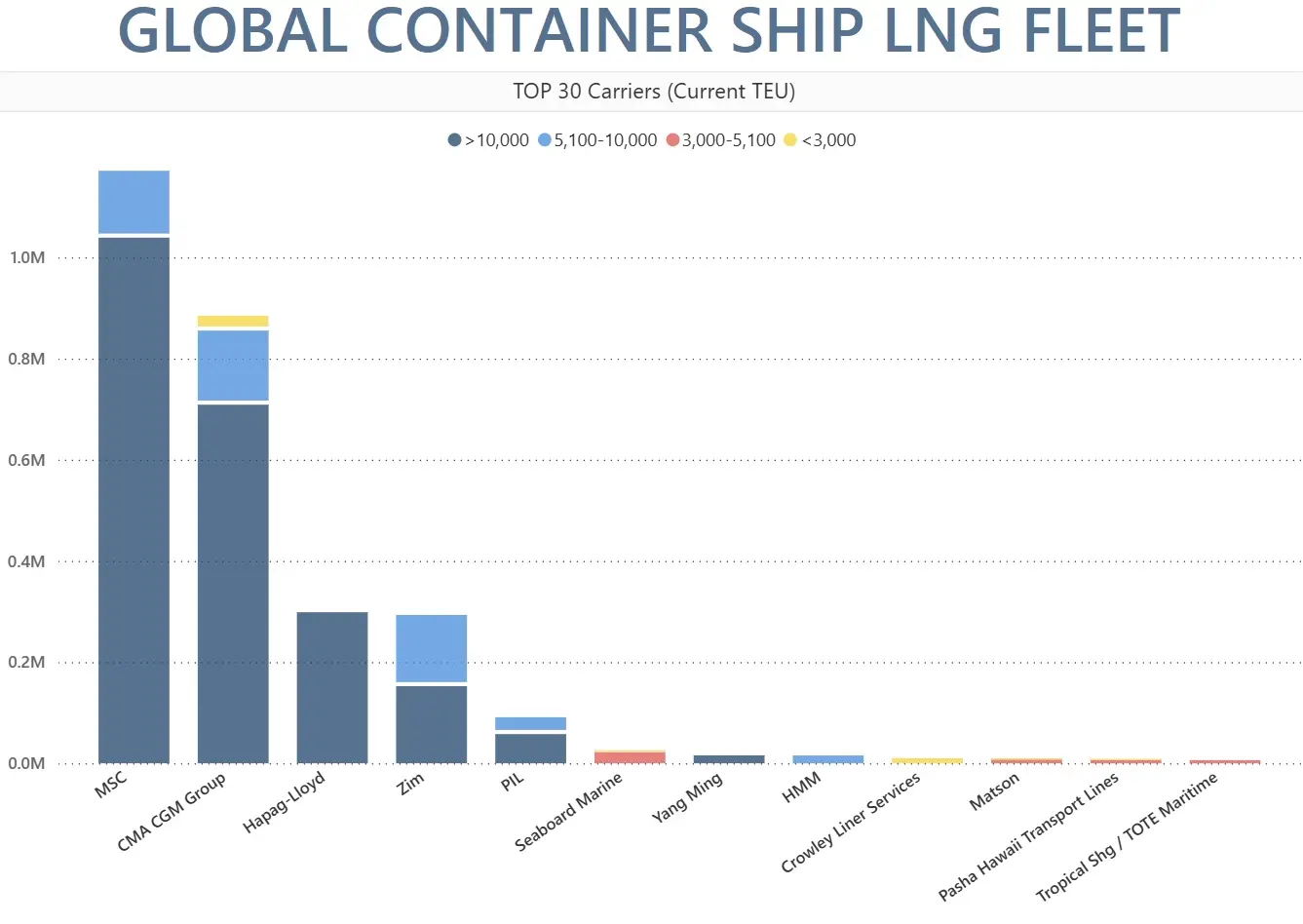

The Rhine River, a vital lifeline of transportation and trade in Europe, is currently grappling with the pressing challenge of falling water levels. Barge transports passing through the measuring point at “Kaub” are particularly impacted due to draft restrictions, and there is a looming possibility of other locations facing similar consequences in the near future.
At Container xChange, we are closely monitoring the situation and its impact on the shipping industry, particularly in northern and central areas where the river has become too shallow to accommodate fully loaded containerships at the choke point of Kaub and around Cologne and Duisburg.
Owing to these low water levels, Maersk has published the low water level surcharges on Tuesday, 4th July 2023. According to Maersk, “These costs are charged to Maersk and will be passed directly to our customers.”
Additionally, Maersk warns that, “In case of water levels at Kaub falling below 81cm or Duisburg-Ruhrort below 181cm, we regret that a loading guarantee for your cargo cannot be granted anymore.” The recent Reuters report highlighted that vessels in these regions can only sail at half capacity, resulting in surcharges on freight rates to compensate for the losses incurred by vessel operators. We understand the concerns of cargo owners who are facing increased costs due to these surcharges.
“The Rhine River is a vital transportation pathway for various commodities, including grains, minerals, coal, oil products, and heating oil. The challenges posed by low water levels have significant implications for the logistics industry and can impact the supply chains of numerous companies.” Commented Christian Roeloffs, cofounder and CEO of Container xChange.
“Seasonality plays a crucial role in understanding the dynamics of water levels in the Rhine River. Last year, we experienced challenging conditions, and unfortunately, this year is proving to be equally if not more demanding.
The seasonally adjusted water levels are currently even lower than they were during the same period last year. If the lack of rainfall persists, we could potentially find ourselves facing a situation even more severe than what we encountered in the past. I emphasize the need for preparedness and collaboration among stakeholders to navigate these uncertain waters.
We must proactively seek solutions, closely monitor developments, and explore measures to mitigate the impact of this ongoing water scarcity. Together, we can strive to ensure the continuity of vital trade and logistics operations along the Rhine River.” Added Roeloffs.
“Last summer, the drought and heatwave led to severe water level drops in the Rhine, causing production problems and supply bottlenecks for several German companies.
Vessels were only able to sail at a staggeringly low 25 percent of their full capacity, driving up freight rates and adding further strain to the logistics sector.”
We will continue to closely monitor the situation, collaborate with stakeholders, and adapt our operations to ensure the smooth movement of containers, despite the prevailing conditions in the Rhine River. Our team remains dedicated to providing reliable and efficient logistics services to our valued customers.
Source: Container xChange

